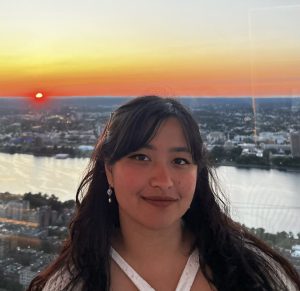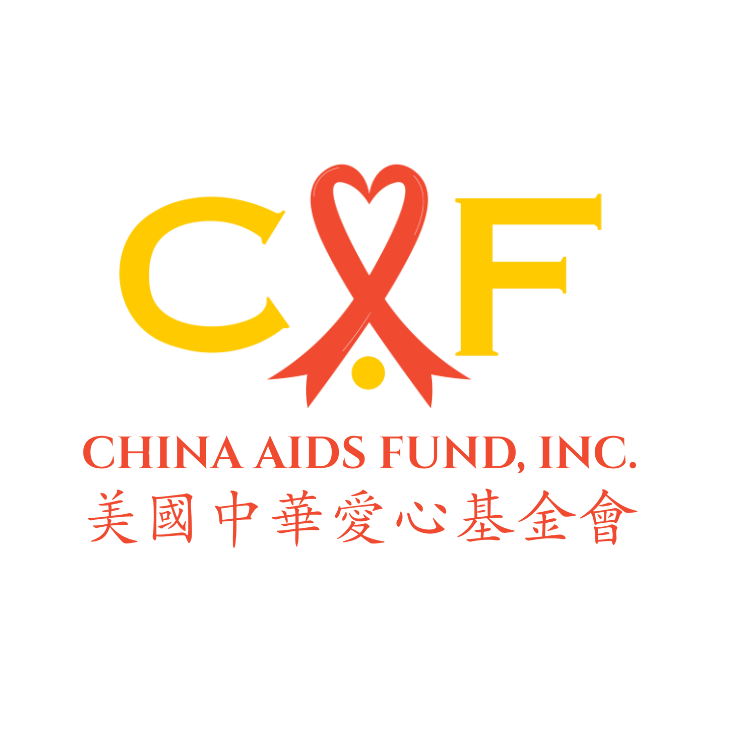AAYP 2016 Youth Ambassadors Scholarship

Nistha Bade Shrestha
“Are you alright?” your mother shouts from outside.
“Yes!” you stammer, staring down at your hands. You have a razor in one hand and three long gashes on the other. One of them will scar.
You bite your lips as the cold water pinches the gashes and paints the sink red.
With every beat of your withered heart, what goes through your head?
Shame. That was the only thing that ever made ripples in the stagnant pools of my numb heart and soul, during my years in hell.
For many Asian communities, honor means everything, and while it enforces proper manners and discipline, and serves as motivation for many, it also acts as a toxin for others, by forcibly suppressing important issues such as psychological ailments—depression, anxiety, psychosis, addiction, etc—which are usually perceived as being disgraceful. In the words of psychotherapist, Sam Louie, “From an Asian addict’s perspective, it’s the ultimate blow of humiliation to be seen as weak since having an addiction goes against Asian social norms.”
The suppression of psychological ailments is a big problem in Asian communities all over the world, because it has resulted in high incidences of suicide and self harm (cutting, poisoning, scratching, burning, etc). According to the American Psychological Association, “Suicide was the second leading cause of death for Asian-Americans aged 15-34,” as of 2007. Additionally, the study, “Self-harm in British South Asian women: psychosocial correlates and strategies for prevention,” shows that South Asian women were more likely to self harm, compared to their white counterparts. Both sources pointed to discrimination, muddled self-identity, occupational stressors, and family conflicts as the leading causes behind these tendencies.
This issue of suppressed psychological ailments is of great importance to me, because for three years (from the beginning of freshmen year to the end of junior year), self-harm—primarily cutting—served as my only escape from my mild depression and anxiety.
As freshman in the highly competitive environment of Bronx Science, I felt like a mouse amidst piranhas. The immense stress and work load took its toll on me, not only by day, but also by night, as I’d frequently stay up late, revising my notes and perfecting my homework assignments. The lack of sleep left me with low test grades and a nervous habit of checking and rechecking everything at least three times. Within three months, the shame caused by my low grades pushed me to take up cutting, which it only exacerbated both, my guilt and anxiety, and for a while, I was stuck in a sickening cycle of: anxiety bad grades self harm back to anxiety. However, this changed in the summer of freshmen year, when my parents confronted me about my scars and I proposed the idea of seeing a psychologist, a decision that finally rescued me from the emotional gutter I had started calling my home. After two years of psychotherapy, I have stopped self harming and while I still suffer from anxiety, I have learned better methods of stress relief. Unlike me however, many Asians still are still in need of help, which, unfortunately, is denied to them by the negative connotations linked with psychological ailments.
Having spent half my life in Kathmandu and the other half in New York, I have garnered a unique advantage, when it comes to dealing with this issue. While my Nepalese side helps me understand the logic behind the viewpoints of most Asians, my American side has taught me that there is no better way of honoring oneself, than by acknowledging one’s flaws and working to improve them, regardless of what others may say. As a high school student, I have used this unique advantage to write front page articles, pertaining to taboo topics such as mental health and gender neutral bathrooms, for my school newspaper. After high school, I plan on pursuing a career in Psychology, continuing journalism, and joining the Nepalese non-profit organization, Adhikaar, whose main purpose is to advocate for human rights and social justice.
Sure, I’m still physically scarred my personal battle with honor and anxiety; but with the disappearance of each scar, I have learned to breathe a little more deeply, knowing that I have won.
Word Count: 699
Bibliography
Hijioka, Shihoko, and Joel Wong. “Suicide Among Asian-Americans.” American Psychological Association, http://www.apa.org/pi/oema/resources/ethnicity-health/asian- american/suicide.aspx. Accessed 15 August 2016.
Husain MI, Waheed W, Husain N. “Self-harm in British South Asian women: psychosocial correlates and strategies for prevention.” Ann Gen Psychiatry, 5:7, 2006, pp. 5-7, http://www.ncbi.nlm.nih.gov/pmc/articles/PMC1538599/. Accessed 22 August 2016.
Louie, Sam. “Asian Shame and Honor.” Psychology Today, https://www.psychologytoday.com/blog/minority-report/201406/asian-shame-and-honor. Accessed 15 August 2016.
